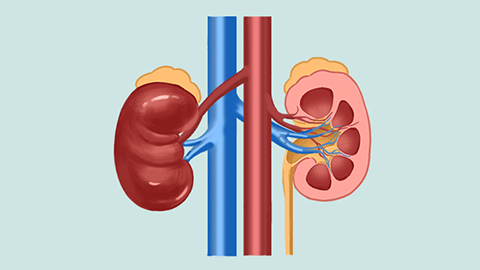Are horse hooves beneficial for kidney function?
Generally speaking, water chestnuts can provide some benefits to kidney function, but their effects are limited, and moderation is necessary when consuming them. A detailed explanation is as follows:

Water chestnuts are rich in water, dietary fiber, and minerals such as potassium. Water helps promote urine production, assisting the kidneys in excreting some metabolic waste; dietary fiber aids in regulating body metabolism, while potassium contributes to maintaining the body's electrolyte balance. Consuming water chestnuts in moderation can help support the kidneys in maintaining normal physiological functions.
However, excessive consumption of water chestnuts may lead to an over-intake of potassium, increasing the metabolic burden on the kidneys. This may particularly affect individuals with impaired kidney function by hindering potassium excretion. Moreover, water chestnuts are considered cold in nature, and excessive consumption may irritate the gastrointestinal tract, causing discomfort such as abdominal pain and diarrhea. Therefore, it is important to control the amount consumed.
Water chestnuts can be eaten raw or after being cooked. Individuals with poor kidney function are advised to consult a healthcare professional before deciding on the appropriate intake. In daily life, it is important to develop good habits, such as drinking plenty of water, avoiding excessive intake of high-salt and high-protein diets, engaging in appropriate physical activity, and maintaining kidney health.








